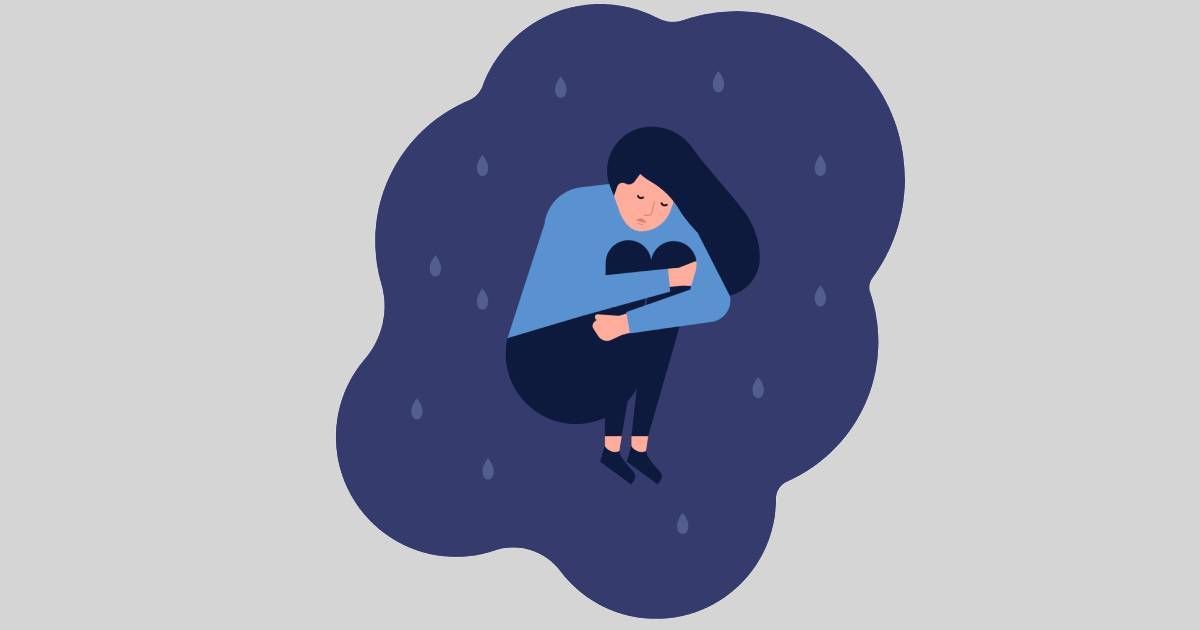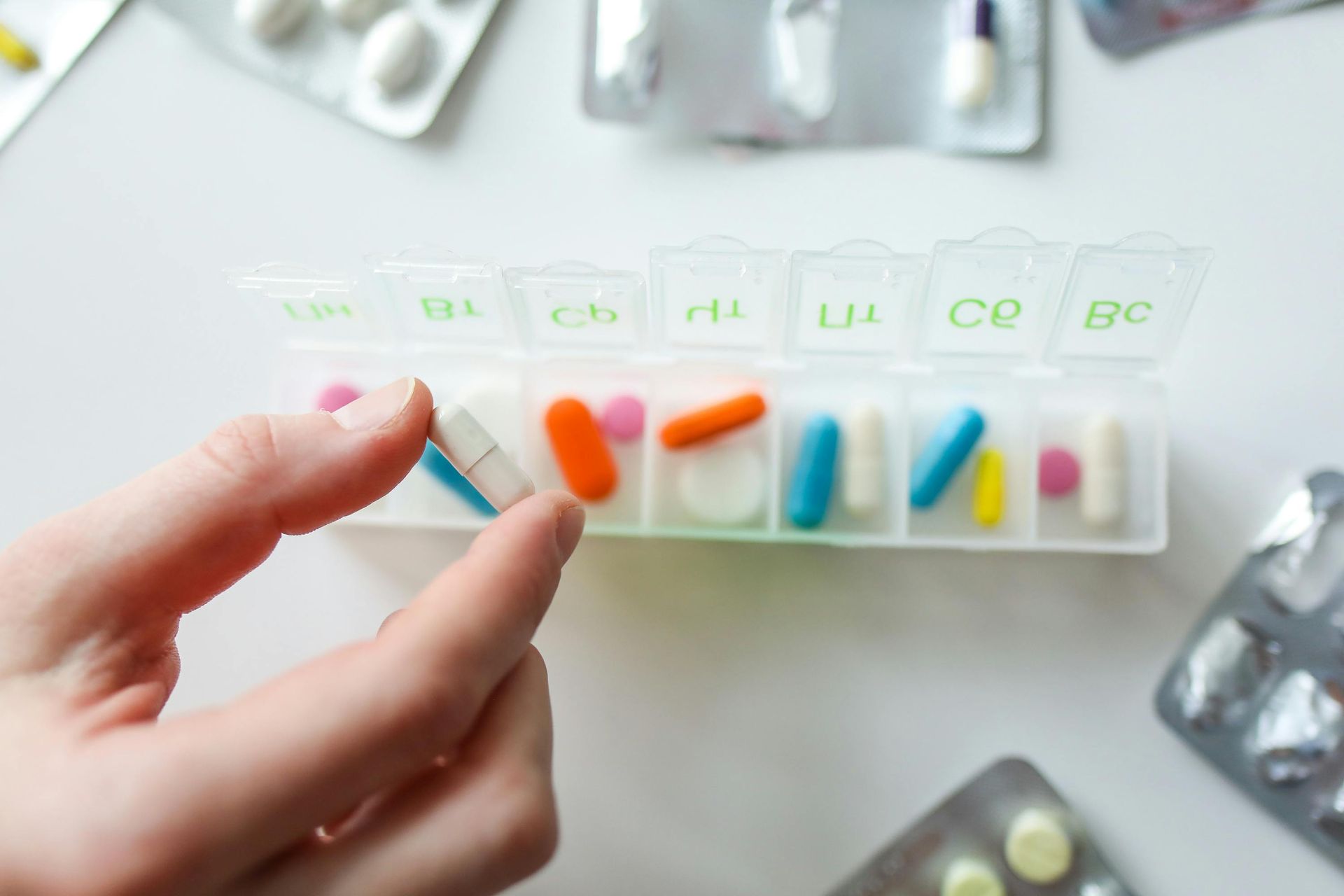How Quickly Does Ketamine Work for Depression Treatment?

The Albany Clinic • September 19, 2024
Traditional and typical antidepressants affect the level of different brain chemicals, the ones that are related to emotions and moods. These drugs help a person a lot; however, if someone experiences something severe like a major depressive episode, then they would need something more effective.
Ketamine is an effective dissociative drug that allows people who are struggling with severe depression to feel more normal and relaxed in their skin, which is a rarity for them because they are constantly feeling overwhelmed by their surroundings. Depression causes severe bouts of sadness, despair, and hopelessness, eventually leading to suicidal thoughts.
While ketamine isn’t enough to qualify as a cure, it is more effective and lasting to be a better option for people with major depressive disorder. And considering more than 265 million people struggle with depression, a suitable and effective solution is due.
What is Ketamine Treatment?
Ketamine treatment, also known as ketamine therapy, is a groundbreaking medical approach that leverages the anesthetic properties of ketamine to address various conditions, including treatment-resistant depression, anxiety, and chronic pain. Unlike traditional antidepressants that can take weeks to show effects, ketamine treatment is renowned for its rapid antidepressant action, often providing relief within hours or days. This treatment typically involves a series of intravenous (IV) infusions or the use of a nasal spray, administered in a clinical setting under the careful supervision of healthcare professionals. This ensures both the safety and effectiveness of the treatment, making it a viable option for those who have not found success with conventional therapies.
How Does Ketamine Treat Depression?
Ketamine works as it ties the receptors in the brain; these receptors produce a chemical called glutamate. Glutamate is a type of neurotransmitter (a neurotransmitter is essentially a chemical messenger). Transmitter’s task is to deliver messages to the neurons in your brain, which evoke different emotions. Glutamate is a neurotransmitter that is the most excitatory among the rest.
In simpler words, ketamine triggers an excitatory neurotransmitter that allows the person with depression to feel better and less burdened by despair.
While experts are still investigating the role glutamate plays in treating depression, they are sure that it affects mood significantly. People who have any mental condition, especially depression, have shown extremely low signs of glutamates’ presence. Therefore, this is certain; low levels of glutamate increase depressive symptoms.
Additionally, ketamine improves the production of brain-derived neurotrophic factors. Protein plays a great role in neuroplasticity; in simpler words, it affects your brain’s ability to adapt to new things as you experience new experiences. And when ketamine supports neuroplasticity, it often helps change the negative thought process that occurs when one is depressed.
How Long Does Ketamine Take?
Another advantage that ketamine has that antidepressants don’t is that it doesn’t take as long. It works swiftly and effectively. You don’t need to wait an entire night for the effect to take place. In fact, if you take antidepressants, you already know that most of them take weeks before working.
However, with ketamine, you can feel relief in about an hour or so. Depending on your state, you may feel it sooner even. That is how efficient it is; indeed, it can relieve you of the pain in a matter of an hour, if not sooner.
If you want an efficient and safe means of using ketamine, you should check out our clinic. We have considerate professionals who care for the procedure and help you feel comfortable in the setting. Our mission is to ensure the best experience for our clients, which includes their experience with our clinic. Treatments are administered in a
specialized ketamine clinic to ensure the highest standards of care.
Why Use Ketamine for Treatment Resistant Depression
Ketamine is a new and fast acting treatment for TRD. Unlike traditional antidepressants that can take weeks or months to work ketamine works in hours or days. It targets glutamate a different brain pathway than most antidepressants and helps restore the synaptic connections that are important for mood regulation.
Ketamine has been shown to be effective in reducing symptoms of depression especially for those who have not responded to other treatments. It’s also quick to reduce suicidal thoughts a lifeline for those in crisis. With careful monitoring and individualized dosing ketamine can be a game changer for patients who have tried everything else.
These findings add to the literature confirming ketamine’s activity against depressive and anxiety symptoms in patients with TRD.
Types of Ketamine Applications
Ketamine doesn’t just come in a singular form; one of the methods includes ketamine nasal spray, which is approved for treating
treatment-resistant depression (TRD). If you don’t like a specific style, you have other options to choose from.
Ketamine Nasal Spray (Esketamine)
There is a method called a ketamine nasal spray. You can use the nasal spray once or twice a week; however, you can only do so for four weeks. After four weeks, your care team or provider will study and thoroughly analyze your symptoms before recommending you further treatment.
Intravenous Therapy (IV)
This is a continuous and slow IV drip that will deliver ketamine into your system slowly but surely. The procedure will be directly injected into your bloodstream.
Intramuscular Therapy (IV)
This is an IV where you receive your injection with the most available mass, for instance, your thigh or your shoulder. The area with the most muscle is where the specialist IV will inject the needle.
Benefits and Effectiveness of Ketamine Infusions
Ketamine infusions have emerged as a powerful tool in the fight against treatment-resistant depression, boasting response rates between 40-60%. One of the most compelling benefits of ketamine infusions is their rapid onset of action, providing significant mood improvement and reduction in depressive symptoms within a short period. Beyond depression, ketamine infusions have also shown promise in alleviating anxiety and chronic pain, offering a multifaceted approach to mental health and pain management. The effects of ketamine infusions can last for several weeks or even months, although the exact duration varies among individuals. This extended relief makes ketamine infusions a valuable option for those seeking long-term improvement in their mental health and overall well-being.
Ketamine Side Effects and Safety
While ketamine treatment offers substantial benefits, it is not without potential side effects. Commonly reported side effects include dissociation, hallucinations, increased heart rate, elevated blood pressure, and nausea. These effects are typically short-lived, resolving on their own within a few hours post-treatment. However, there are more serious risks to consider, such as an increased likelihood of
suicidal ideation and behavior, as well as potential bladder damage. It is crucial to have a thorough discussion with a healthcare professional about the risks and benefits before starting ketamine treatment. Ensuring that ketamine therapy is administered in a clinical setting under professional supervision is essential to minimize adverse effects and maximize the therapeutic benefits.
Final Thoughts
Ketamine has more than one type of treatment method, and it is a relatively new drug on the market. It has shown promise in treating various affective disorders, including depression and bipolar depression. However, despite all the odds, it has gotten exceedingly popular, and high-authority people are establishing this drug as a treatment option for not only depression, but also anxiety, PTSD, OCD, and all other types of mental health conditions. It has also demonstrated efficacy in treating unipolar depression, providing rapid relief from depressive symptoms.
The most beneficial quality that sets it apart from every other drug is that it takes little time to impact the person. Depending on the person’s state and the application method, it minimally takes 1 hour or a little over that. Patients with a history of substance abuse are typically excluded from studies to ensure the safety and accuracy of ketamine treatment outcomes.
Contact us at The Albany Clinic in Carbondale Illinois for reliable, safe, efficient ketamine treatment and valuable consultation.
Citation:
Glue, Paul et al. “Ketamine for treatment-resistant major depressive disorder: Double-blind active-controlled crossover study.” Journal of psychopharmacology (Oxford, England) vol. 38,2 (2024): 162-167. doi:10.1177/02698811241227026






